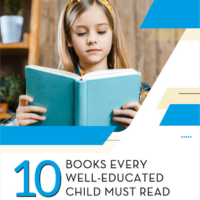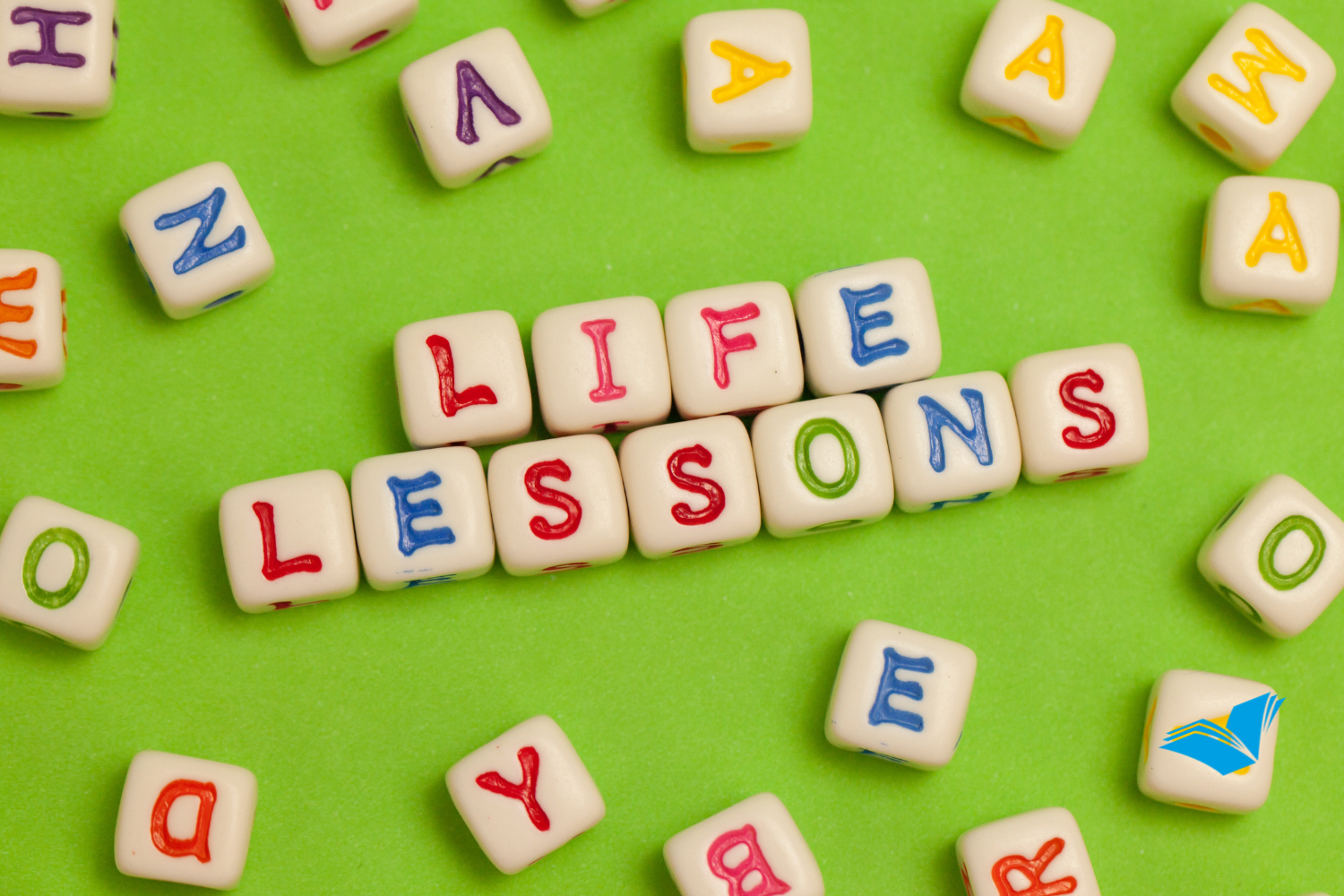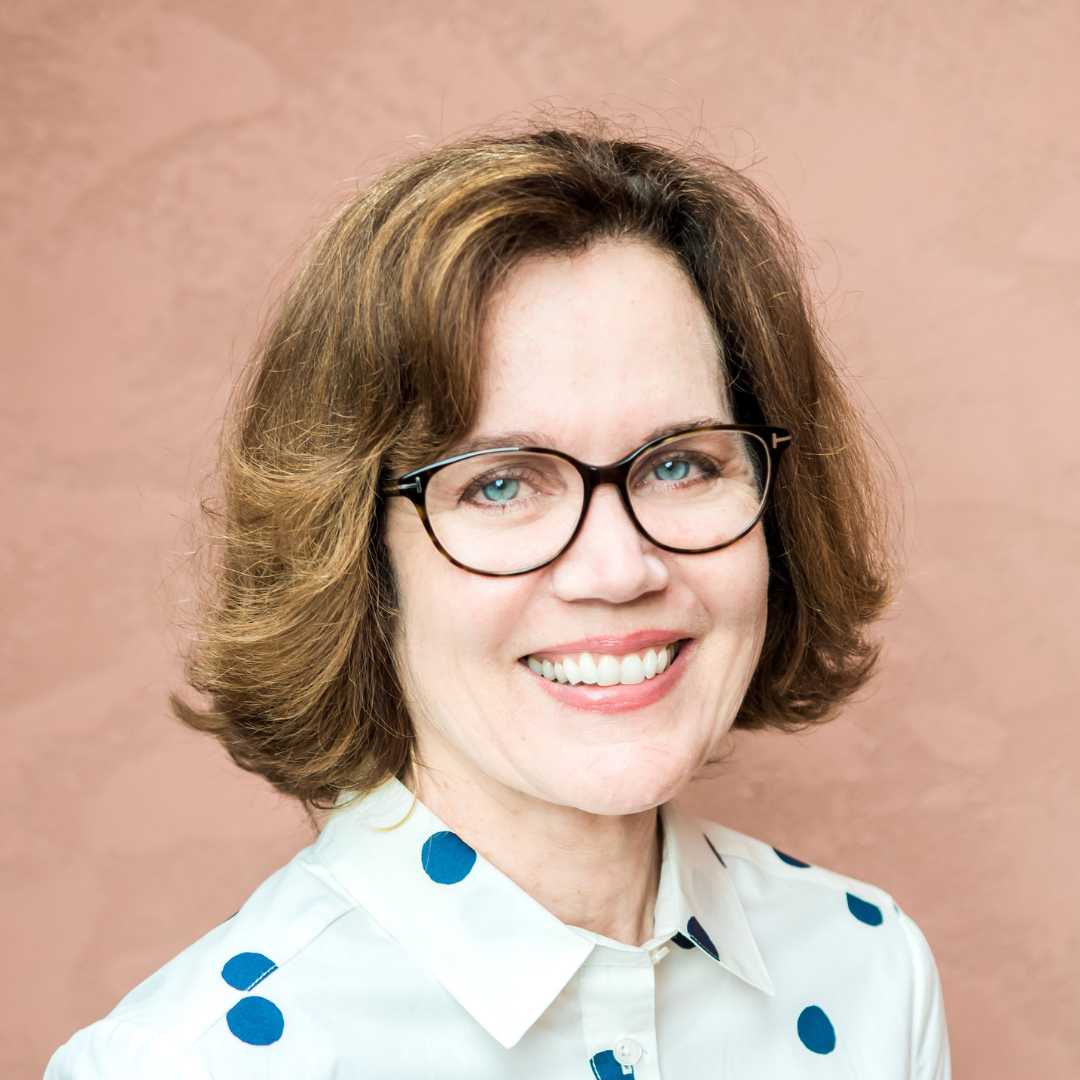Thanksgiving is a holiday of gratitude, and it's a day that serves as a reminder to count our blessings.
What is astounding about blessings is that once we start naming them, where do we stop? Blessings are infinite, and we all have plenty of them.
That doesn't mean that life is always easy, but no matter how difficult our lives can seem at times, there is always plenty to be grateful for.
“It’s rigged — everything, in your favor.
So there is nothing to worry about.”
Coming from America, a country that's considered wealthy on an international scale, one thing I learned from the people in poor countries is that gratitude has nothing to do with what we "have," but it has everything to do with who we are.
I learned this in Casablanca from a woman who was a student in a French class I was taking. One day, after we'd been studying together for a few months, she invited me to her home for lunch.
Was I in for a shock.
I found myself walking to her house through tiny passageways that led into a part of town I didn't even know existed. It was the ‘poorer-than-poor’ section.
As the streets grew narrower and narrower, my level of surprise by the extreme poverty climbed higher and higher. And that was when I found #52, my friend's house. The entire home consisted of two tiny rooms about the total size of my bedroom. I was told that 10 family members lived there.
We had a plate of rice for lunch.
“Be grateful for your life, every detail of it, and your face will come to shine like a sun, and everyone who sees it will be made glad and peaceful.”
At first, I found it slightly odd that someone would invite me to lunch when they didn't have any food other than rice to eat.
In the very next instant, I saw how incredibly generous it was that someone had invited me to lunch when all they had to eat was rice!
Their generosity overwhelmed me.
It's a memory that has always stayed with me because it was the event in my life where I learned the meaning of real gratitude.
It’s not just about counting our blessings, though it’s helpful to reflect on them, and we definitely want to help our children learn to ponder the wonderment of their blessings.
But true gratitude comes from the joy of being alive, even if you only have a plate of rice to eat.
Because life, in and of itself, is the crown of all blessings.
“I know there is a gold mine in you, when you find it
the wonderment of the earth’s gifts
you will lay aside
as naturally as does
a child a
doll.”
There will come a moment when we will still have all of the stuff, but we will have lost our lives.
So when Rumi tells us to be grateful for every detail, he really means every detail.
Don’t miss your free download:
Get a copy of Liz’s “could not homeschool without” book, Education’s Not the Point: How Schools Fail to Train Children’s Minds and Nurture Their Characters with Essays by John Taylor Gatto and Dorothy Sayers.
About Elizabeth Y. Hanson
Liz Hanson helps parents raise and educate whole children by bridging timeless wisdom with modern research.
As an educator, writer, and Love and Leadership Certified Parenting Coach with 23 years of experience, Liz specializes in guiding families through the transformative early years and the homeschooling journey. After successfully homeschooling her own children, she now devotes her expertise to helping other parents get it right from the start.
Liz is a homeschooling thought-leader, as well as the creator of three unique online courses:
Whether you're navigating early childhood, considering homeschooling, or wanting to nurture a genuine love of learning in your child, Liz offers practical guidance rooted in proven principles.
One-on-one consultations available.
"I know Elizabeth Hanson as a remarkably intelligent, highly sensitive woman with a moral nature and deep insight into differences between schooling and education. Elizabeth's mastery of current educational difficulties is a testimony to her comprehensive understanding of the competing worlds of schooling and education. She has a good heart and a good head. What more can I say?”
—John Taylor Gatto Distinguished educator, public speaker, and best-selling author of Dumbing Us Down: The Hidden Curriculum of Compulsory Schooling. For a copy of The Short Angry History of Compulsory Schooling, click here.
























































































